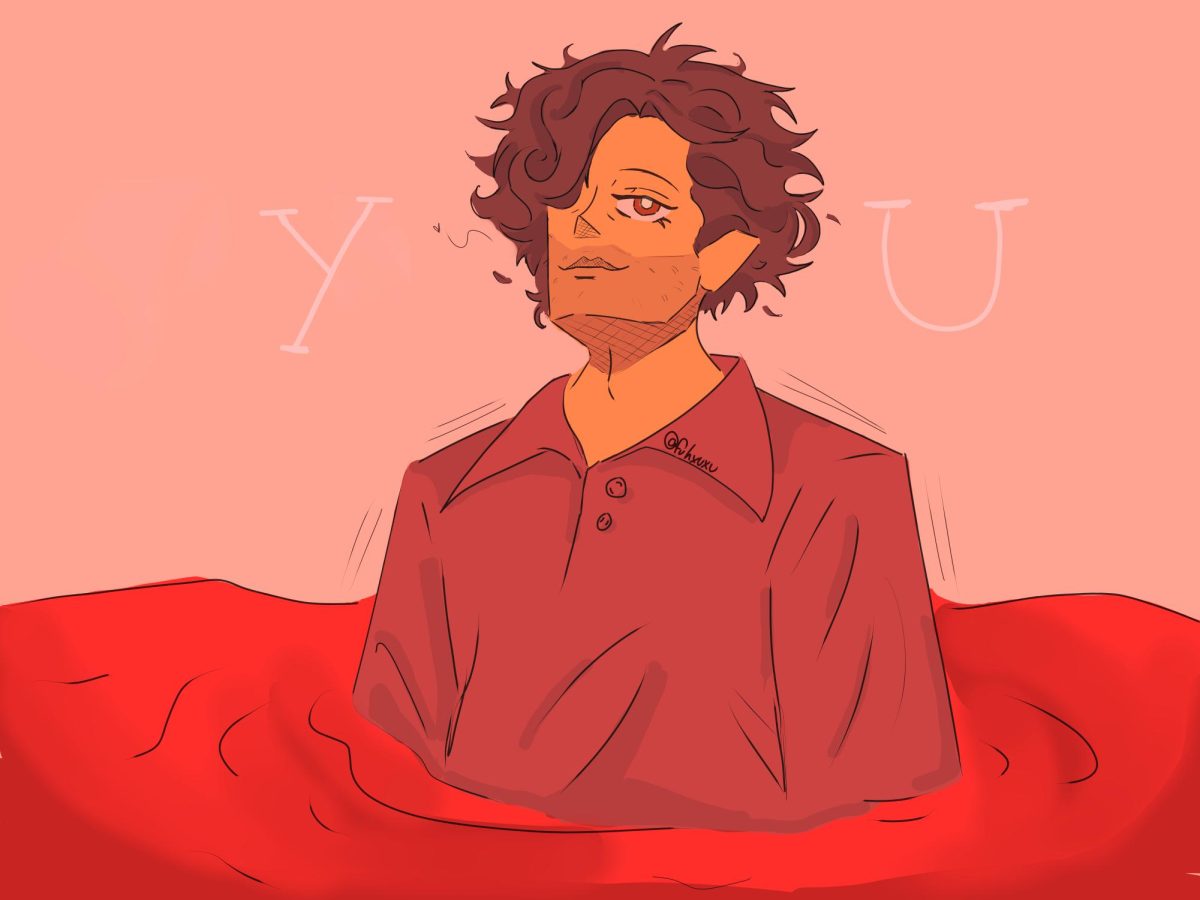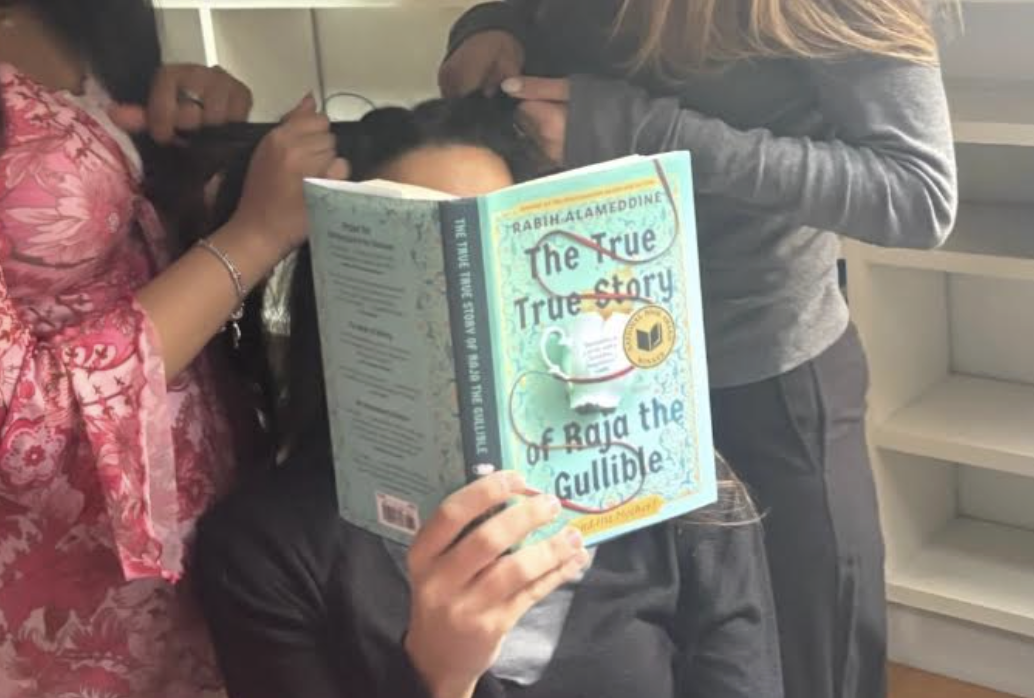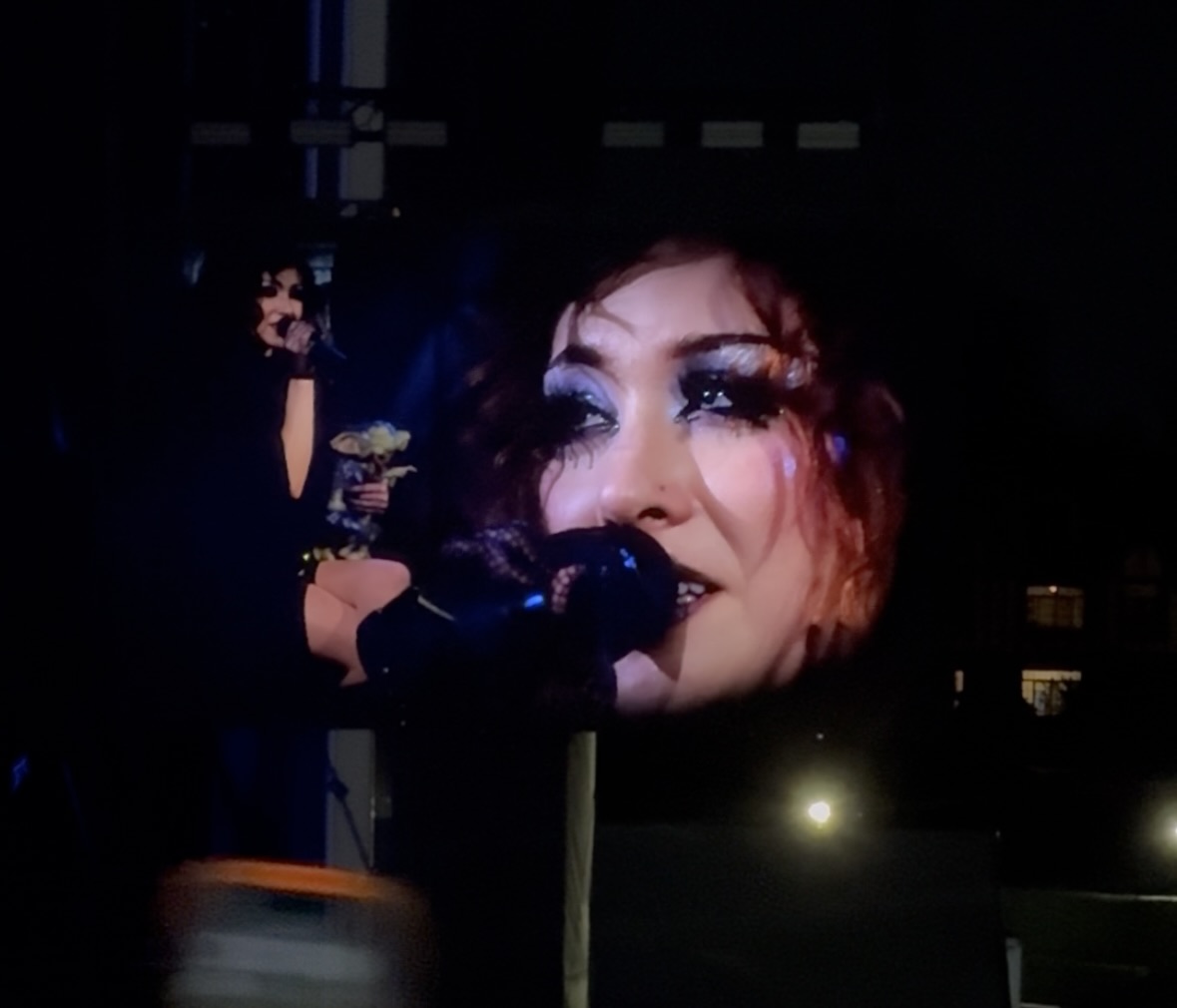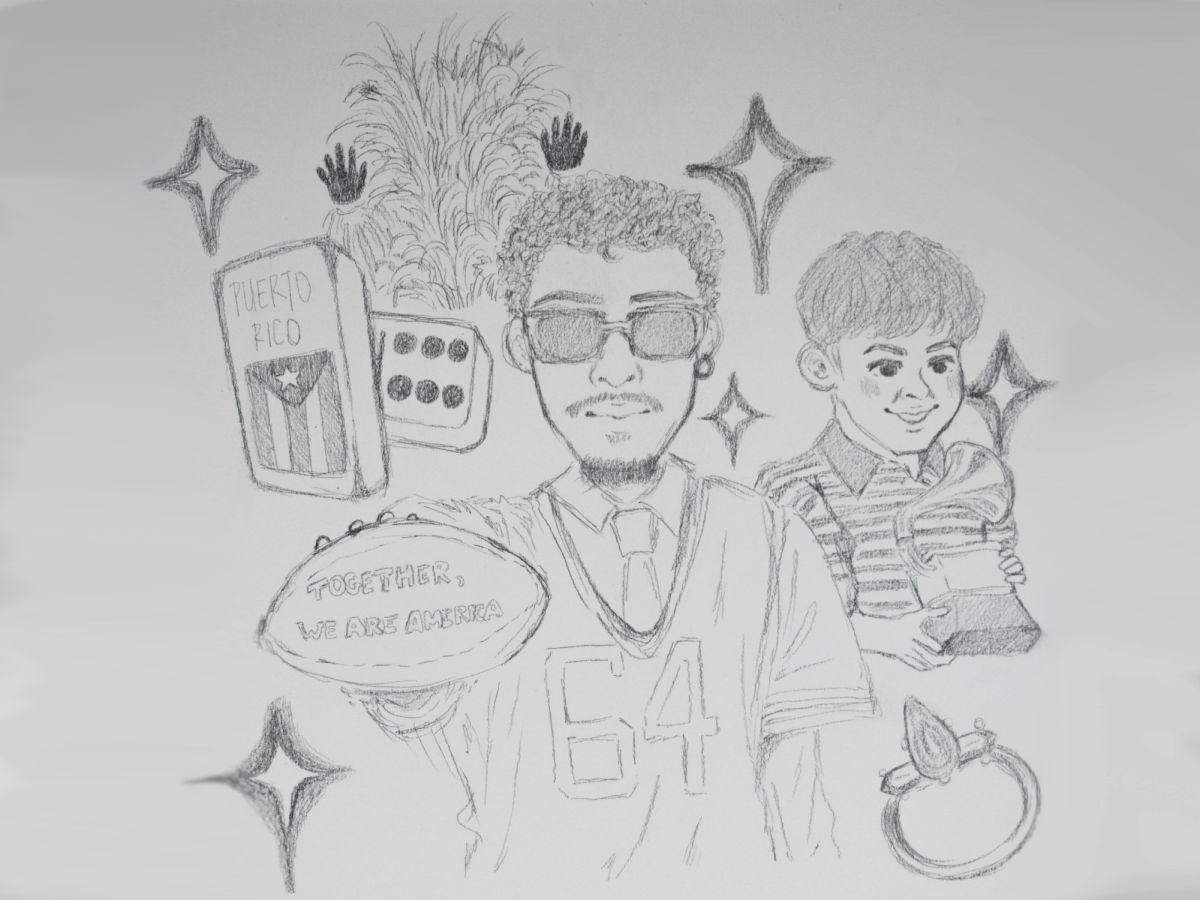After four seasons of watching our favorite stalker fall in and out of love — often with the women he murdered — creators Greg Berlanti and Sera Gamble finally decided it was time to bring Joe Goldberg’s story to a close. But how do you properly — and more importantly, creatively — end a show that kept audiences on the edge of their seats season after season?
In season five of “YOU,” Goldberg returns to the Big Apple, the city where his story began, trying to reinvent himself as a respected public figure alongside wealthy socialite Kate Lockwood. But the ghosts of his past refuse to stay buried.
As a secret society and blackmail schemes threaten to unravel his carefully rebuilt life, Goldberg struggles to suppress his darkest instincts.
With old flames and former enemies closing in, Goldberg is forced into a dangerous game of survival — one that ultimately exposes the true extent of his delusions.
The season builds toward a chilling finale, bringing Goldberg’s journey full circle in a way that’s both poetic and horrifying.
“So, it is bittersweet, it’s sweeter than it is bitter, actually, to be honest. Practically, the show needed — the concept needed — to come to a close, everybody was in agreement there,” Penn Badgley, the lead of “YOU,” said in an interview with Entertainment Tonight. “The writers, me, everybody involved — the fans, you know — we need to bring this man to his rightful end, and I think we did so.”
One of the most crucial decisions the writers made for the finale was to portray Goldberg in an even darker light than in previous seasons. This shift was essential for the audience to fully comprehend that he is not just a charming antihero, but a deeply disturbed and dangerous murderer.
He is not someone to be idealized or swooned over, as many fans had previously done.
“He’s always a slippery fish in the end. Does he get out?” Badgley said. “I won’t tell you, but the way that we tried to catch him and deconstruct him finally this season is a very, I think, nuanced and really, really well played by the writers and everybody involved — like, hard to do — and I really think, I wouldn’t say it if I didn’t believe it, I think we ended it very well.”
In the final scene, Goldberg is seen in a prison cell, reading a fan letter from a woman named Belinda, who signs off with a heart. As Goldberg reads phrases like, “I believe you,” “Bad girl,” and “I’ll let you do anything,” the song “Creep” by Radiohead plays in the background — a perfectly haunting choice to underscore the moment.
The scene crescendos with Goldberg muttering, “Maybe we have a problem as a society,” a chilling commentary on how his actions have been glorified and normalized, reflecting the show’s critical look at societal obsession with criminals and antiheroes.
As “YOU” closes the final chapter of Goldberg’s twisted tale, the show leaves us with more than just a thrilling conclusion — it forces us to confront the uncomfortable truths about obsession, morality, and the dangerous allure of antiheroes.
By pushing Goldberg to his darkest extreme, the writers ensure that his story ends not with redemption, but with the inevitable collapse of his delusions.
The finale, punctuated by the haunting strains of “Creep” and Goldberg’s chilling observation on society’s complicity, marks a fitting end to a series that challenged our perceptions of love, guilt, and justice.
In the end, Goldberg doesn’t just face his own demise; he leaves behind a mirror for the audience to reflect on their own fascinations with flawed, dangerous figures.
As Badgley said, it’s a bittersweet goodbye — but ultimately, it’s one that “YOU” had to take. And perhaps, we all did too.
This show forces us to ask: Can we truly separate a person’s actions from the persona they project to the world, or are we all complicit in shaping and glorifying these figures?








